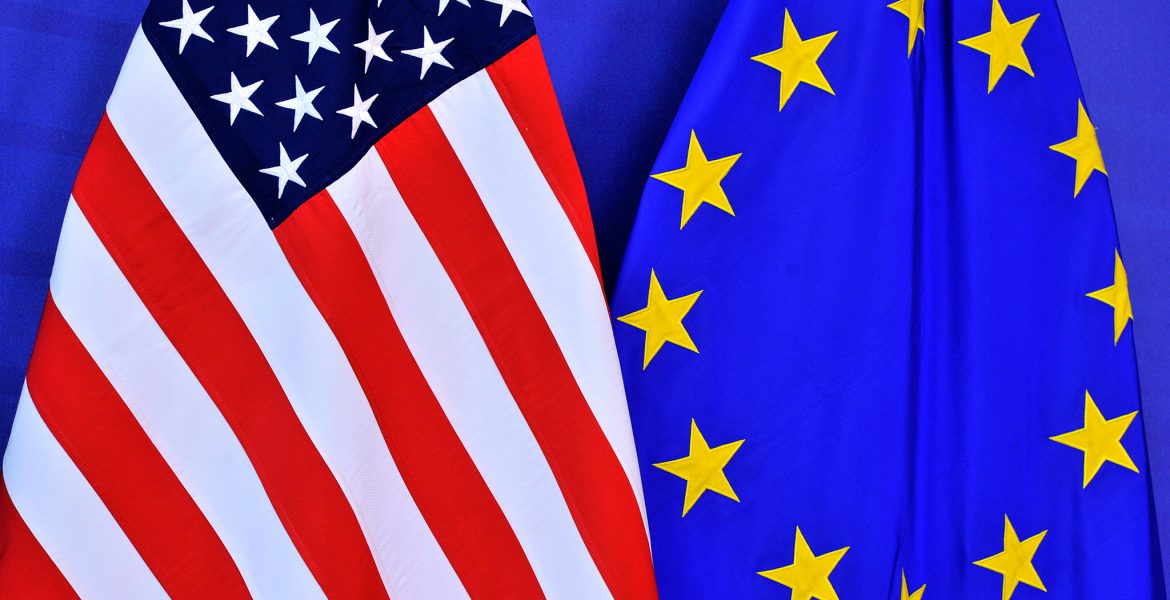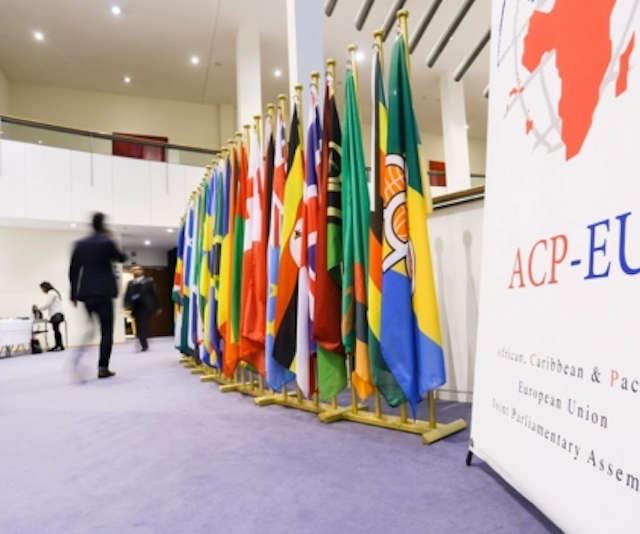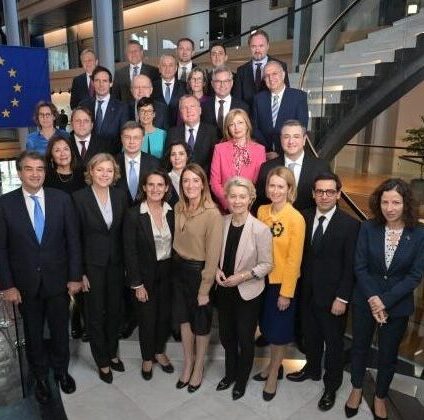The EU and the U.S. have agreed to suspend all retaliatory tariffs on EU and U.S. exports imposed in the Airbus and Boeing disputes for a four-month period. The suspension allows both sides to focus on resolving this long-running dispute. It provides an important boost to EU exporters, since the U.S. had been authorised to raise tariffs on $7.5 billion of EU exports to the U.S. Similarly, EU tariffs will be suspended on some $4 billion worth of U.S. exports into the EU.
European Commission Executive Vice-President and Trade Commissioner Valdis Dombrovskis said: “This is a significant step forward. It marks a reset in our relationship with our biggest and economically most important partner. Removing these tariffs is a win-win for both sides, at a time when the pandemic is hurting our workers and our economies. This suspension will help restore confidence and trust, and therefore give us the space to come to a comprehensive and long-lasting negotiated solution. A positive EU-U.S. trade relationship is important not only to the two sides but to global trade at large.”
These tariffs will now be suspended on both sides for a four-month period, as soon as internal procedures on both sides are completed.
In 2018, the WTO found that the EU and its Member States had not fully complied with previous rulings with regard to EU subsidies to aircraft maker Airbus.
In March 2019, the WTO confirmed that the U.S. had not taken appropriate action to comply with WTO rules on subsidies to aircraft maker Boeing.
In October 2019 the WTO authorised the U.S. to take countermeasures against European exports worth up to $7.5 billion, and the U.S. imposed these tariffs on 18 October 2019. The EU Member States concerned have taken in the meantime all necessary steps to ensure full compliance.
In October 2020, the WTO authorised the EU to take similar countermeasures on $4 billion of U.S. exports to the EU against illegal U.S. subsidies to aircraft maker Boeing. The EU sought an agreement with the United States that would have allowed the EU to avoid imposing these tariffs. Since, the U.S. at that time was not ready to accept a negotiated settlement including an immediate removal of the U.S. tariffs, the EU decided on 9 November 2020 to impose its countermeasures. On 31 December 2020, the U.S. changed the reference period for the calculation of its sanctions, thereby substantially increased the range of EU products subject to tariffs.




